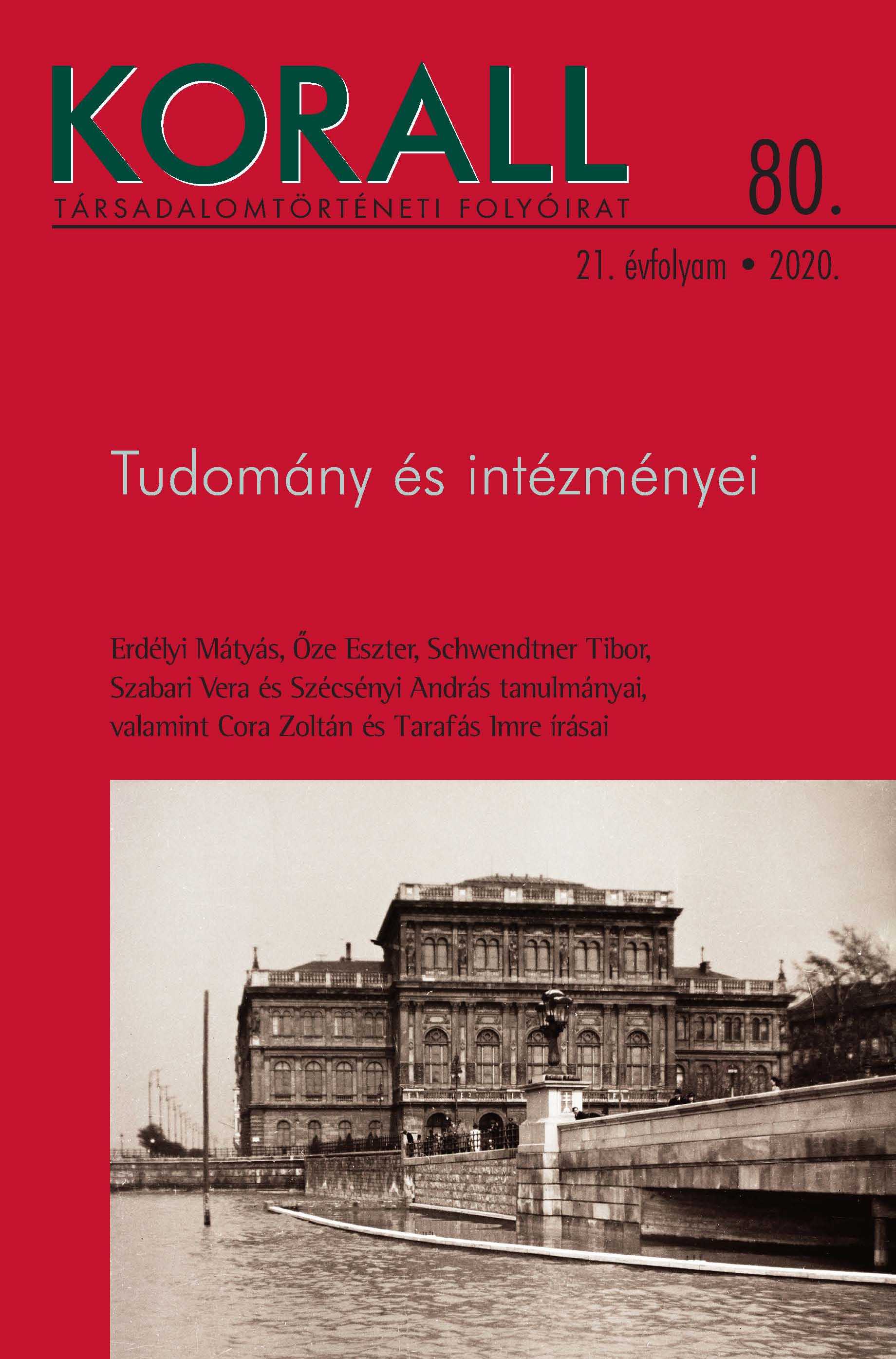A Marx Károly Közgazdaságtudományi egyetem Rajk László Szakkollégiuma a tradíciók, és a szocialista elitképzés metszetében (1970–1988)
The László Rajk College of Karl Marx University of Economics in the Intersection of Tradition and Training the Socialist Elite (1970–1988)
Author(s): András SzécsényiSubject(s): Higher Education , History of Education, Post-War period (1950 - 1989)
Published by: KORALL Társadalomtörténeti Egyesület
Keywords: Karl Marx University of Economics; The László Rajk College; elite training;
Summary/Abstract: In September 1970, a new institution was launched within Hungary’s Karl Marx University of Economics, Budapest. The Rajk College, initiated by assistant professor Attila Chikán and endorsed by the rector, Kálmán Szabó, was then entirely unique in the country. It filled gaps as a college for advanced studies and, to some extent, was a successor of the people’s colleges operating during and after the Second World War. It did, however, remain to be seen at the time that the college, riding the waves of the New Economic Mechanism, was to become the programme for the elite and the gifted and that it would continue to represent political economic approaches that dissented from party dogma and could be construed as Western even after the failure of the Mechanism. This made it popular among talented and ambitious students who later became economic policymakers and corporate leaders. At the same time, the college never broke away from the economic and political trends dictated by the Hungarian Socialist People’s Party, so its role in training future cadres remained significant. In any case, breaking away was never an option, since the university operated as the main institution of training communist cadres for the party. The study uses documents of self-perception from institutional archives and narrative sources to examine the college’s communal, societal and professional role – the quasi-motto of the college – before the 1989 changes. Mapping the changes in their content, the study explores the role of the college in the life of the young university intelligentsia of 1980s Hungary.
Journal: Korall - Társadalomtörténeti folyóirat
- Issue Year: 2020
- Issue No: 80
- Page Range: 101-127
- Page Count: 27
- Language: Hungarian

